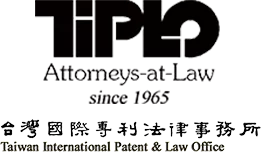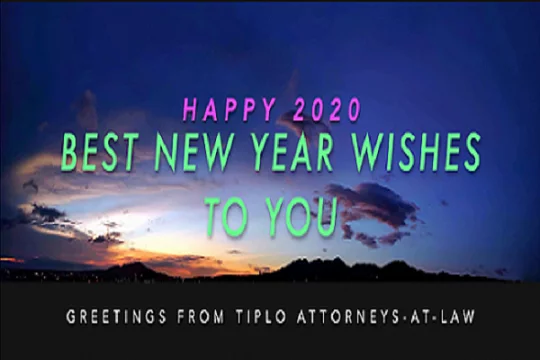NCC Proposes Stricter Legislation against Spamming.
E081124Y7 Dec. 2008(E109)
For controlling the assault of volumes of junk mails via the Internet, the National Communications Commission of Taiwan (NCC) proposed the “Governing Abusive Transmission of Unsolicited Commercial Electronic Mail Act” in November 2008 for deliberation by the Legislative Yuan. According to the proposed Act, the recipient of unsolicited electronic mails can ask for TWD500~TWD2,000 in compensation from the sender for each unwanted message received (as stated in Article 7 of the proposed Act) or alternatively form a group to sue the sender by entrusting an organization for seeking compensation payment (as stated in Article 9 of the proposed Act). Also, to curb the excessive transmission of commercial spam, NCC is eligible to demand email service providers and Internet service providers to complete necessary correction and further to impose administrative penalties on them until the required correction being completed (Article 15 of the proposed Act).
Pursuant to the proposed Act, transmission of commercial electronic mail in the following circumstances is prohibited (Article 5):
1. the recipient does not expressly consent to receive the messages;
2. the sender has clear knowledge or has access to the knowledge that the recipient has requested to not receive future commercial electronic messages from the same sender;
3. the sender has clear knowledge or has access to the knowledge that the subject heading of a message is fraudulent or misleading;
4. the sender has clear knowledge or has access to the knowledge that the header information of a message is fraudulent or misleading;
5. message transmission is initiated in dictionary attacks for commercial purposes.
At the first time transmission of commercial electronic mails, the sender must provide the recipient with an option, by a free-of-charge responding or contact mechanism, to either continue receiving or reject future messages of the same nature from the same source. Future transmission of messages from the same sender must be only preconditioned on the recipient’s “express consent”, and no response from the recipient should be deemed implied rejection of future messages.
Article 6 of the proposed Act regulates that email service providers and ISPs can act on proper causes to refuse to transmit or receive from a specific source the commercial messages sent out in the way of dictionary attacks or that inadmissible by NCC, and should also provide appropriate reporting system for dispute resolution. In addition, email service providers and ISPs in the foregoing circumstance should keep the records of correspondence with such sender for a specific period of time for NCC’s investigation.
Also for quick identification, Article 4 of the proposed Act stipulates that commercial electronic mails should indicate in the subject heading such clear information as “advertisement”, “business”, or other marks or notice that indicate the message as business related.
The proposed Act also provides provisions with respect to class action. The victims of spam can entrust non-profit seeking or public interests foundations to bring an action to request the email service providers, ISPs, advertisers, or advertising agency to reveal information of the sender (the 4th and 5th paragraph of Article 9 of the proposed Act), and email service providers’ and ISPs’ failure to do so as requested without proper causes will give rise to imposition of administrative fine penalty until their completion of the request (Article 16 of the proposed Act). (2008.11)
/CCS














